Supreme Court Hears Property Tax Home Equity Dispute
Can a state pocket your surplus home equity while collecting past-due property tax?


Profit and prosper with the best of Kiplinger's advice on investing, taxes, retirement, personal finance and much more. Delivered daily. Enter your email in the box and click Sign Me Up.
You are now subscribed
Your newsletter sign-up was successful
Want to add more newsletters?

Delivered daily
Kiplinger Today
Profit and prosper with the best of Kiplinger's advice on investing, taxes, retirement, personal finance and much more delivered daily. Smart money moves start here.

Sent five days a week
Kiplinger A Step Ahead
Get practical help to make better financial decisions in your everyday life, from spending to savings on top deals.

Delivered daily
Kiplinger Closing Bell
Get today's biggest financial and investing headlines delivered to your inbox every day the U.S. stock market is open.

Sent twice a week
Kiplinger Adviser Intel
Financial pros across the country share best practices and fresh tactics to preserve and grow your wealth.

Delivered weekly
Kiplinger Tax Tips
Trim your federal and state tax bills with practical tax-planning and tax-cutting strategies.

Sent twice a week
Kiplinger Retirement Tips
Your twice-a-week guide to planning and enjoying a financially secure and richly rewarding retirement

Sent bimonthly.
Kiplinger Adviser Angle
Insights for advisers, wealth managers and other financial professionals.

Sent twice a week
Kiplinger Investing Weekly
Your twice-a-week roundup of promising stocks, funds, companies and industries you should consider, ones you should avoid, and why.

Sent weekly for six weeks
Kiplinger Invest for Retirement
Your step-by-step six-part series on how to invest for retirement, from devising a successful strategy to exactly which investments to choose.
Property taxes and home equity are in the news because the U.S. Supreme Court heard arguments in a case involving the sale of a 94-year-old Minnesota woman’s home for overdue property taxes. The court’s ruling in Tyler v. Hennepin County will be important for millions of homeowners across the United States.
- More than a dozen states can seize your home and sell it to cover your property tax bill while pocketing the profit from your surplus home equity.
- The Supreme Court will decide whether that approach violates the U.S. Constitution’s 5th Amendment guarantee of just compensation or the 8th Amendment ban on excessive fines.
Property Taxes and Home Equity at the Court
Home equity is essentially your home's current market value, minus what you owe on the property. Home equity is valuable for millions of homeowners nationwide. That’s mainly because the greater your home equity, the more money you potentially have to use now or later through investment, a refinance, or a home sale. But property taxes, which are rising in many states and are a significant expense for many homeowners, are also important for states and localities. Property tax revenue is often used to support critical state infrastructure and services.
The U.S. Supreme Court heard arguments in a case about property seizure, property taxes, and home equity. Tyler v. Hennepin County involves the former home of Geraldine Tyler, a 94-year-old woman who failed to pay $15,000 in property taxes (including interest and penalties) on her Minnesota condominium.
From just $107.88 $24.99 for Kiplinger Personal Finance
Become a smarter, better informed investor. Subscribe from just $107.88 $24.99, plus get up to 4 Special Issues

Sign up for Kiplinger’s Free Newsletters
Profit and prosper with the best of expert advice on investing, taxes, retirement, personal finance and more - straight to your e-mail.
Profit and prosper with the best of expert advice - straight to your e-mail.
- Hennepin County, Minnesota confiscated Tyler’s property in accordance with its tax lien on the condo.
- The condo sold at auction for $40,000.
- The county kept the $25,000 "profit" on the home, (a practice known as surplus retention). The Pacific Legal Foundation represents Tyler, and calls the retention of the $25,000, “home equity theft.”
What is Tyler arguing? Geraldine Tyler admitted that she failed to pay the property taxes on the condo despite repeated notices from the county that she could lose her home. (Tyler, who had purchased the condo in 1999, moved into an assisted living center in 2010). The property taxes were unpaid for a number of years for a total of $15,000. But Tyler argues that after the state sold her home, the profit from that sale (her home equity) should have been returned to her. To take that surplus money, Tyler’s lawyers argue, is unconstitutional.
The Fifth Amendment to the U.S. Constitution provides a guarantee of just compensation when the government takes a property interest from a citizen. And if the “taking” of her home equity doesn’t violate the 5th Amendment, Tyler argues that the $25,000 surplus, retained by the county, is essentially an excessive fine prohibited under the 8th Amendment.
What does Minnesota say? Hennepin County argued that Tyler didn’t “own” the equity in her home because she had a mortgage on the property and that in any case, it acted in accordance with state law when it retained the surplus funds from the sale of Tyler’s condo.
Several states allow so-called “surplus retention,” which essentially allows the state to pocket the funds from the sale of the home at auction above a homeowner's unpaid property tax amount. Some states with surplus retention laws similar to Minnesota include Alabama, Arizona, Colorado, Illinois, Maine, Massachusetts, Nebraska, New Jersey, New York, Oregon, and South Dakota.
What about the Supreme Court? During oral arguments, Justice Elena Kagan wondered about the limits on surplus retention, “Take a $5,000 tax debt on a $5 million house. And the state says, 'Thanks, we'll keep it," Kagan said. Other justices, both liberal and conservative, seemed inclined to support the idea that surplus retention of Tyler’s home equity may violate the Constitution.
Which State Has the Highest Property Taxes?
The Tyler v. Hennepin County case came to the Supreme Court as many homeowners see higher property taxes. Data show that last year, property taxes increased more than 3.5% and that the average tax on a single-family home in the U.S. was just under $4,000. State and local taxes continue to be among the largest tax bills people pay in the U.S.
Which states have the highest property taxes depends on which factors you’re looking at, e.g., the property tax rate, the market value of the property, the assessment ratio used, and/or the average annual property tax paid in the state. But historically, people in New Jersey, Illinois, New Hampshire, Connecticut, Vermont, and Texas pay relatively high property taxes.
In contrast, property taxes have been relatively low in Hawaii, Alabama, Louisiana, Nevada, and Colorado.
Profit and prosper with the best of Kiplinger's advice on investing, taxes, retirement, personal finance and much more. Delivered daily. Enter your email in the box and click Sign Me Up.

Kelley R. Taylor is the senior tax editor at Kiplinger.com, where she breaks down federal and state tax rules and news to help readers navigate their finances with confidence. A corporate attorney and business journalist with more than 20 years of experience, Kelley has helped taxpayers make sense of shifting U.S. tax law and policy from the Affordable Care Act (ACA) and the Tax Cuts and Jobs Act (TCJA), to SECURE 2.0, the Inflation Reduction Act, and most recently, the 2025 “Big, Beautiful Bill.” She has covered issues ranging from partnerships, carried interest, compensation and benefits, and tax‑exempt organizations to RMDs, capital gains taxes, and energy tax credits. Her award‑winning work has been featured in numerous national and specialty publications.
-
 Nasdaq Leads a Rocky Risk-On Rally: Stock Market Today
Nasdaq Leads a Rocky Risk-On Rally: Stock Market TodayAnother worrying bout of late-session weakness couldn't take down the main equity indexes on Wednesday.
-
 Quiz: Do You Know How to Avoid the "Medigap Trap?"
Quiz: Do You Know How to Avoid the "Medigap Trap?"Quiz Test your basic knowledge of the "Medigap Trap" in our quick quiz.
-
 5 Top Tax-Efficient Mutual Funds for Smarter Investing
5 Top Tax-Efficient Mutual Funds for Smarter InvestingMutual funds are many things, but "tax-friendly" usually isn't one of them. These are the exceptions.
-
 Trump Tariffs and the Supreme Court: Three Things to Know Now
Trump Tariffs and the Supreme Court: Three Things to Know NowTax Law The outcome of this legal battle about tariffs will hit your wallet in one way or another.
-
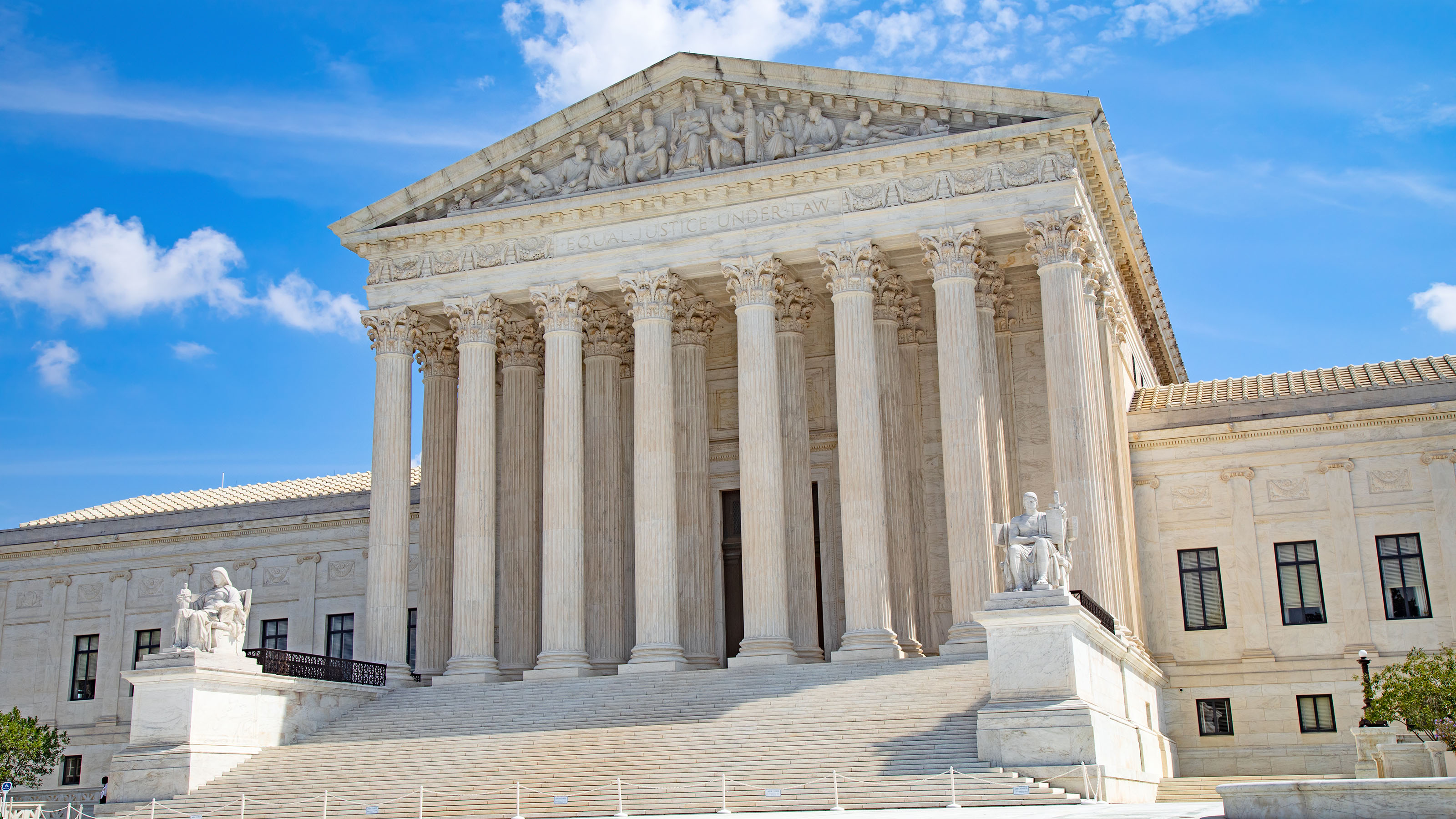 The Supreme Court's TikTok Ruling: What 170 Million Users Need to Know
The Supreme Court's TikTok Ruling: What 170 Million Users Need to KnowSCOTUS As the deadline for a potential TikTok ban approaches, uncertainty looms over the app's future in the United States.
-
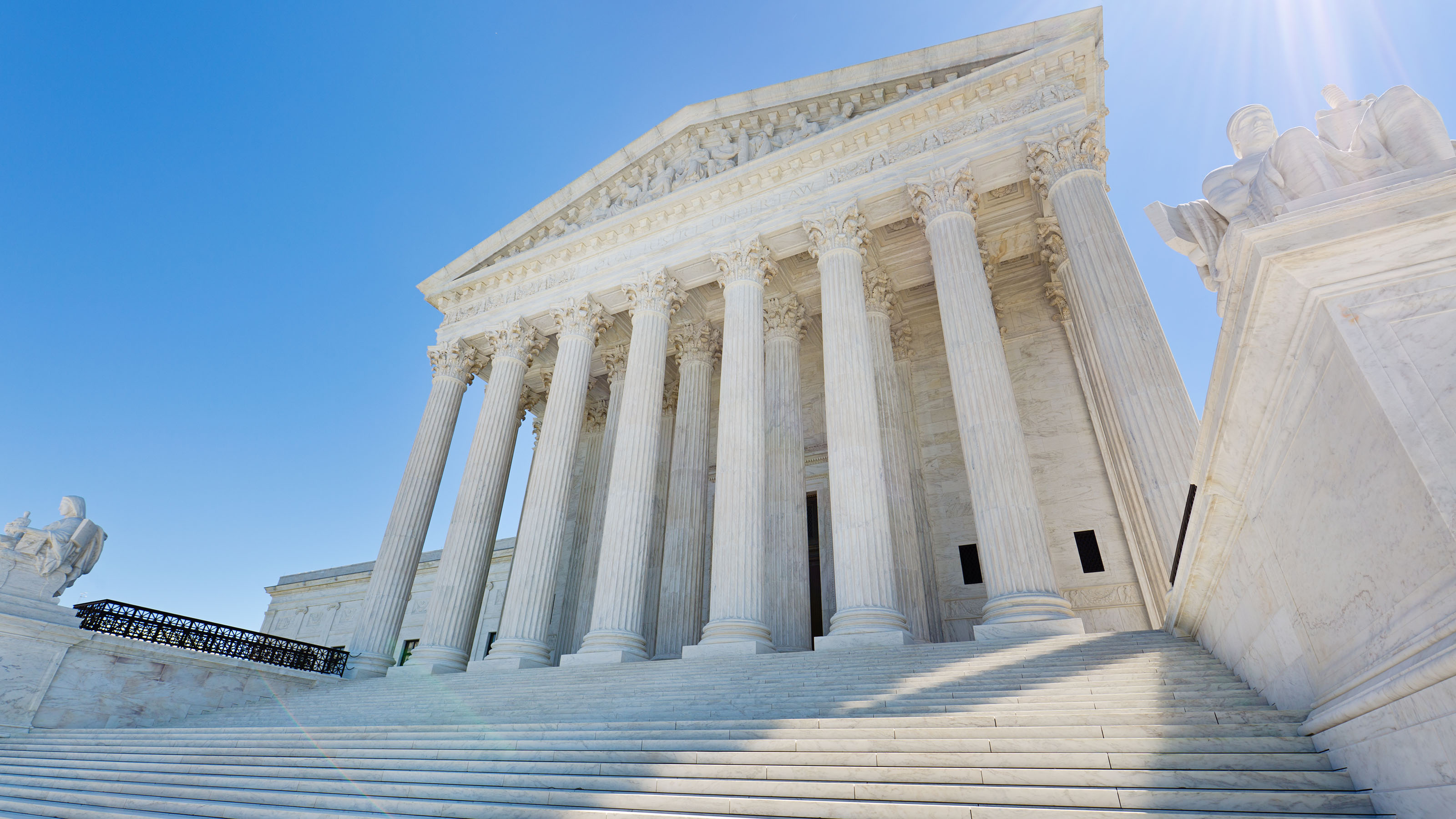 Supreme Court Strikes Down Chevron: What It Means for the IRS
Supreme Court Strikes Down Chevron: What It Means for the IRSTax Law A landmark decision from SCOTUS fundamentally alters the administrative law landscape and impacts federal agencies, including the IRS.
-
 Unrealized Gains Tax Survives U.S. Supreme Court
Unrealized Gains Tax Survives U.S. Supreme CourtWealth Taxes The Supreme Court’s ruling in Moore v. U.S. considers how wealth is taxed in the United States.
-
 Will a Supreme Court Case About Fishing Water Down the IRS?
Will a Supreme Court Case About Fishing Water Down the IRS?Supreme Court The U.S. Supreme Court just decided a case about Chevron deference that has implications far beyond the fishing industry.
-
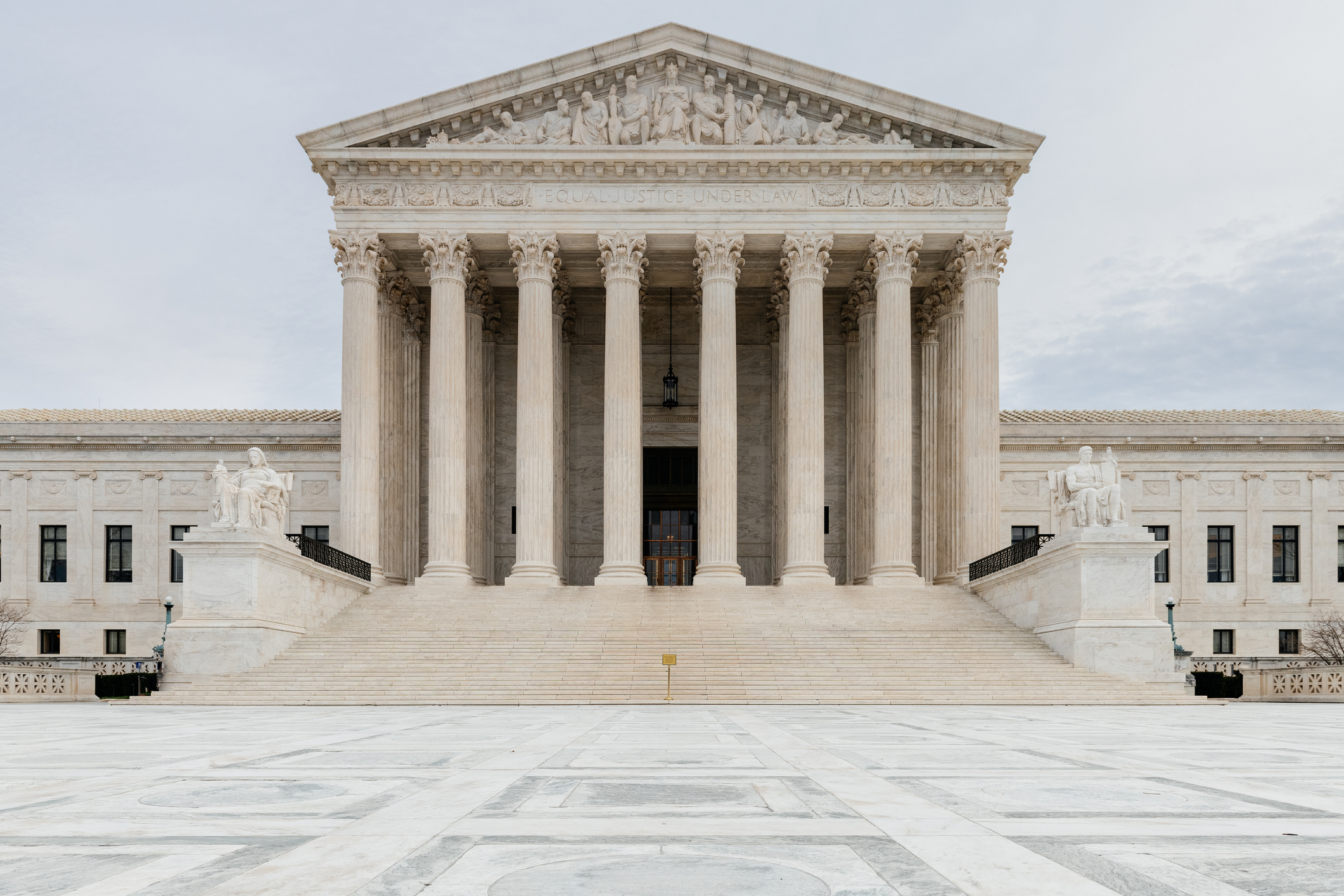 Will SCOTUS Uphold Wealth Taxes?
Will SCOTUS Uphold Wealth Taxes?Supreme Court The U.S. Supreme Court heard arguments in a case that some say could upend the U.S. tax code.
-
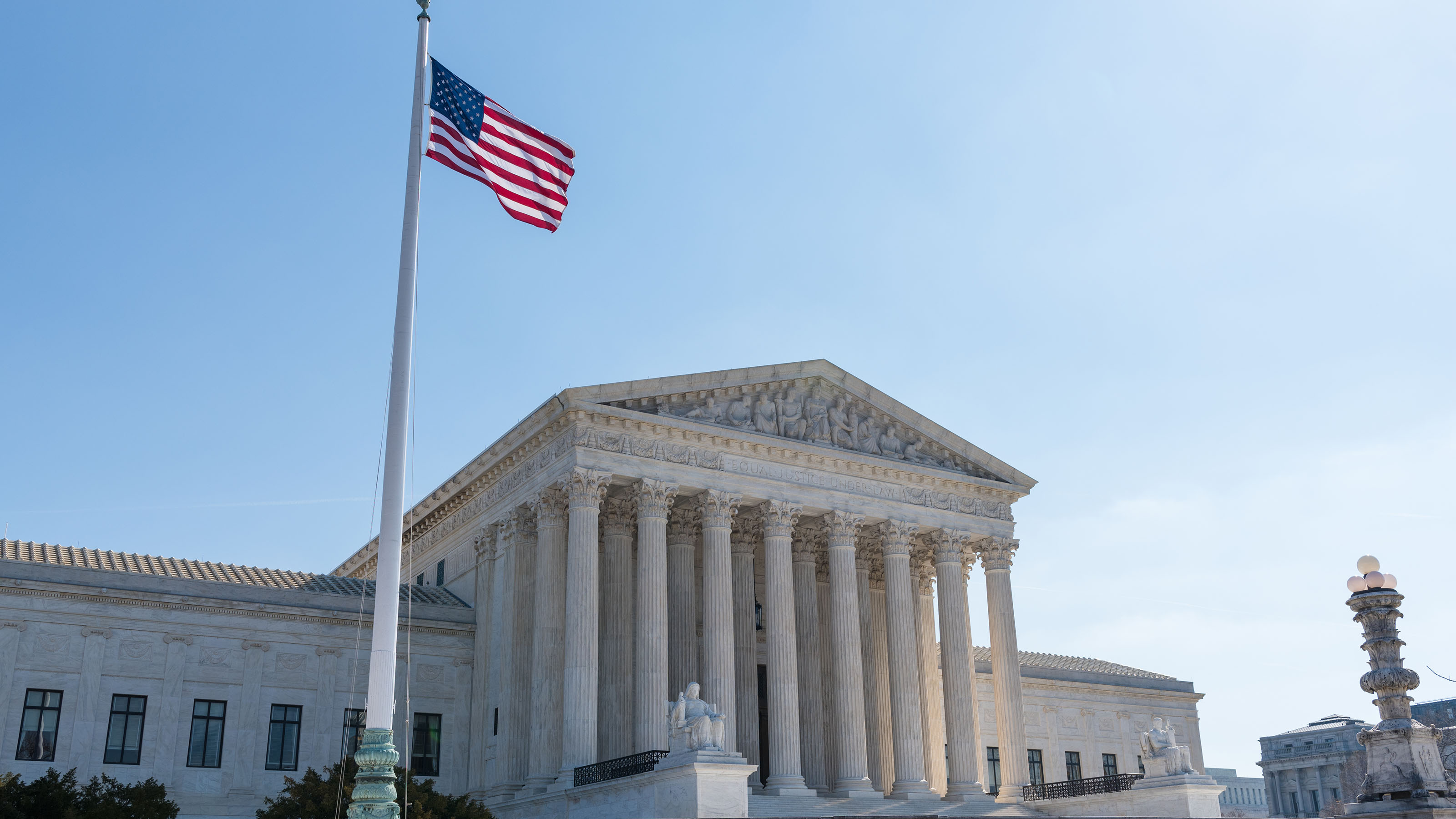 Two Supreme Court Cases Could Change the Tax Landscape: Kiplinger Tax Letter
Two Supreme Court Cases Could Change the Tax Landscape: Kiplinger Tax LetterKiplinger Tax Letter The Supreme Court’s new term started October 2. There are some interesting cases on its docket. Two could majorly change the tax landscape.
-
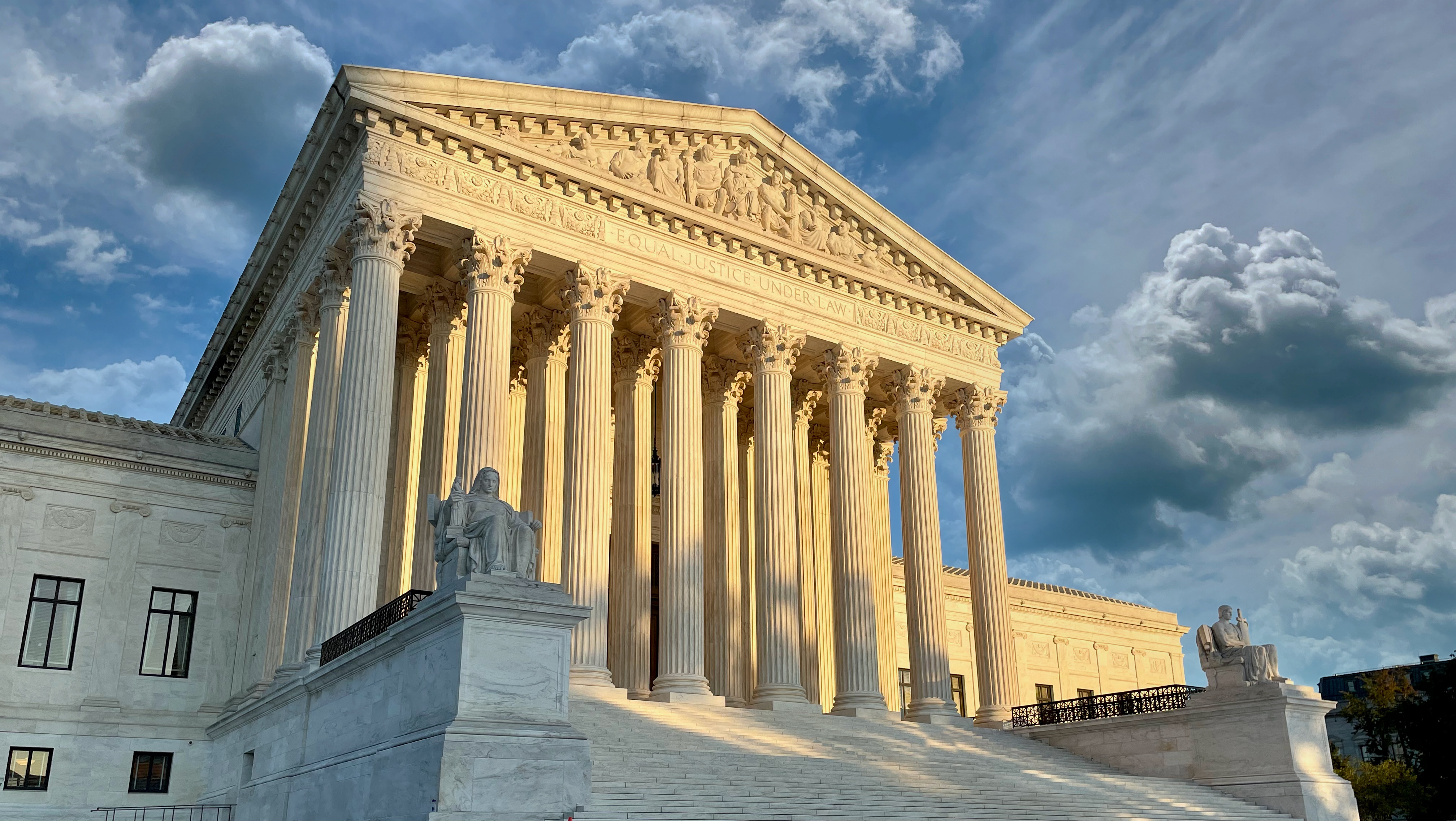 Social Media, Guns, Taxes, Abortion: New Supreme Court Cases You Need to Know
Social Media, Guns, Taxes, Abortion: New Supreme Court Cases You Need to KnowSupreme Court The U.S. Supreme Court will hear several cases this fall that could significantly impact your rights and wealth. Here are a few of them to watch.